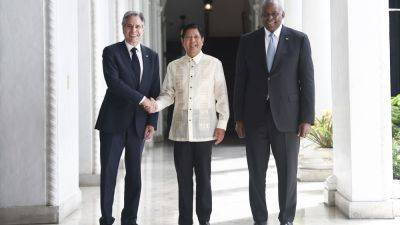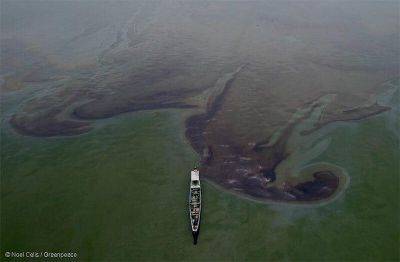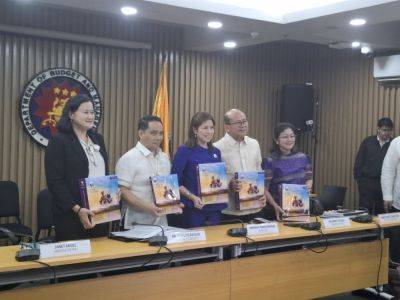What will happen to the economy if the government bans POGOs?
MANILA, Philippines — Lawmakers have long sought to ban Philippine offshore gaming operators (POGOs) from the country after it apparently opened the door to a range of criminal activities—spanning from human trafficking, torture and possibly even killings.
No less than the Department of Finance (DOF), the government's fiscal policy authority, has called for a ban of POGOs, saying that the country stands to lose P99.5 billion per year if the gaming hubs remain legal.
Despite the illegal activities linked to POGOs, the Philippine Amusement and Gaming Corp. (PAGCOR) argues that regulation, rather than an outright ban, would be more effective.
PAGCOR estimates that a ban could result in a loss of up to P40 billion in gaming revenues.
But what would a total ban look like?
Michael Ricafort, the chief economist of the Rizal Commercial Banking Corp., told Philstar.com that while a POGO ban would have adverse effects on the economy, there are long-term benefits to be gained.
According to Ricafort, a POGO ban could lead to reduced employment for Filipino workers in gaming hubs and decreased demand for real estate rentals, both residential and office spaces.
A ban could also reduce demand for retailers and other commercial establishments and services connected to gaming hubs, he added.
This sentiment was echoed by real estate consultant David Leechiu, CEO of Leechiu Property Consultants, who said that a POGO ban could result in 1.05 million square meters of office space vacancy.
While President Ferdinand Marcos Jr. has largely remained silent on whether there will be a POGO ban, the Presidential Anti-Organized Crime Commission said that it preferred a gradual phaseout.
Ricafort pointed out that prolonging the existence of POGOs could allow more time for criminal activities to happen.
“Gradual ban would prolong any uncertainties, especially potential violations of the law,” said the economist.
However, Ricafort maintained that violations of the law are “intangible” and that taking a harder stance against POGOs is a sign of good governance.
“Good signaling din yung good governance since global investors patronize countries that comply with ESG (environmental, social,







